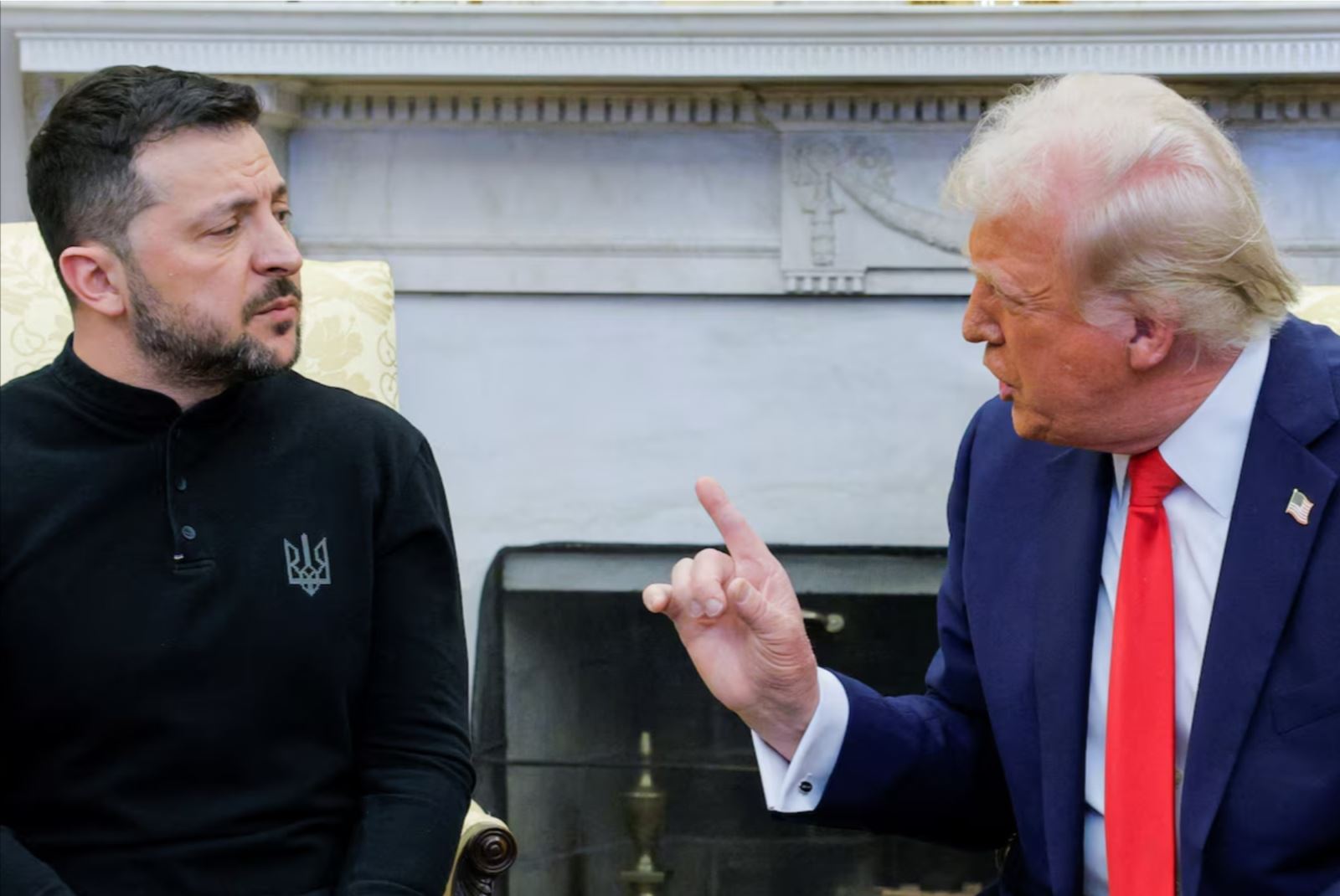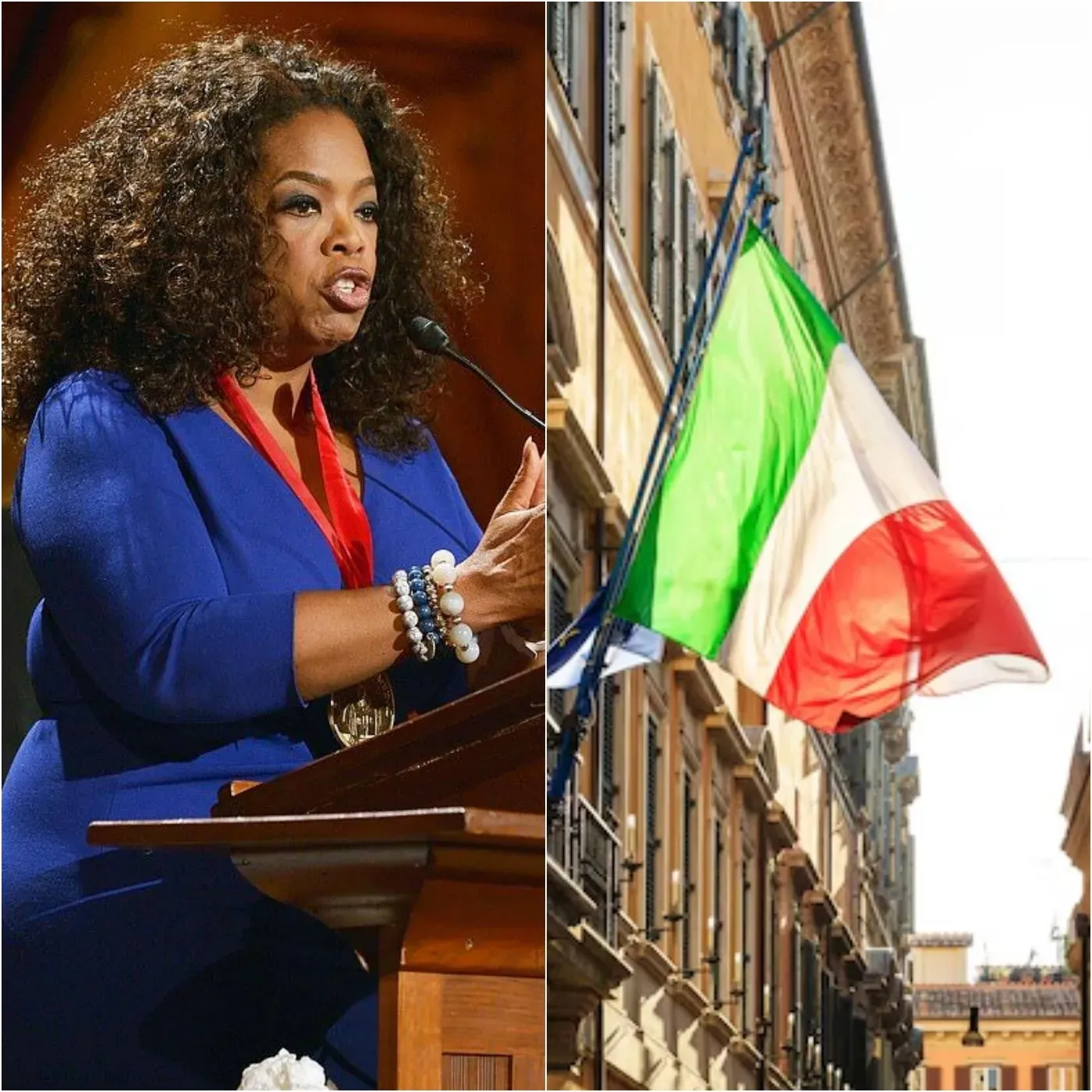Paul Manafort, former campaign manager for President Donald Trump and longtime political operative, made controversial remarks Monday regarding Ukrainian President Volodymyr Zelensky, accusing him of using the ongoing war with Russia to maintain his grip on power.
Speaking on CUOMO on NewsNation, Manafort claimed that Zelensky is deliberately prolonging the conflict to solidify his political standing.
“Zelensky is imperial,” Manafort stated. “His office has expired. He’s a martial law president, and that’s fine.”
He went on to argue that while Zelensky’s leadership under wartime conditions is legitimate, his political standing in Ukraine is weaker than many believe.
“I mean, that’s a legitimate position to be in, but his popularity in Ukraine is not very high,” Manafort asserted.
Manafort, who previously worked as an adviser to former Ukrainian President Viktor Yanukovych—a pro-Russian leader ousted in 2014—suggested that Zelensky has political motivations for keeping the war going.
“I’m not saying he likes war,” Manafort said, “but he survives by having a country at war, and so it’s in his interest to find ways to stop the fighting, but not necessarily reach peace right away, until he can get strengthened politically.”
His remarks come after a highly contentious Oval Office meeting between Trump and Zelensky last Friday, where Trump publicly berated the Ukrainian leader. During the meeting, Trump called Zelensky “disrespectful” after he pressed Vice President J.D. Vance for diplomatic solutions with Russia.
The confrontation, captured on camera, quickly went viral, with critics accusing Trump of humiliating an allied leader on the world stage.
According to Manafort, Trump had crafted a peace plan in coordination with European allies that included the deployment of a peacekeeping force. He suggested that Zelensky had been warned against making the trip to Washington but insisted on the visit.
“Zelensky was told it probably was not a good idea to come,” Manafort claimed, hinting that the Ukrainian leader’s trip was driven by political maneuvering rather than genuine diplomatic intent.
Manafort also accused Democratic lawmakers of interfering in the process, alleging that they met with Zelensky prior to his White House visit and encouraged him to take a combative stance toward Trump.
“They got him all juiced up,” Manafort alleged. “They weren’t looking for peace, they were looking for a political issue.”
One of the biggest takeaways from the Oval Office meeting was Trump’s decision to freeze U.S. military aid to Ukraine. The move, which has drawn criticism from both Democrats and some Republicans, was framed by Trump’s allies as a negotiation strategy rather than a definitive policy shift.
Manafort echoed this defense, claiming the aid freeze was meant to force Ukraine into negotiations rather than an outright abandonment of the country’s defense efforts.
“It’s purely a pressure tactic,” he said.
He then argued that Russian President Vladimir Putin was “ready to come to the table” and that Trump had a strategy to bring about a settlement.
Trump’s approach, however, has raised concerns among Ukraine’s supporters in Washington, who argue that any perceived softening toward Moscow could embolden Russian aggression and weaken Ukraine’s position.
While much of the meeting focused on military aid and diplomacy, Trump and Zelensky were also set to discuss an agreement allowing the U.S. access to Ukraine’s critical mineral resources. Trump has argued that such a deal would help strengthen Ukraine’s economy while ensuring that U.S. financial assistance is not a one-sided arrangement.
However, the tense nature of the discussion seemed to overshadow any potential progress on economic agreements.
Russia’s full-scale invasion of Ukraine, which began in February 2022, has been ongoing for over two years, following the Kremlin’s 2014 annexation of Crimea. While Ukraine has managed to push back Russian forces in some regions with the help of Western military aid, the conflict remains far from a resolution.
Trump has repeatedly expressed skepticism over continued U.S. involvement, framing the war as a European issue that America should not be burdened with indefinitely. His latest actions—halting aid, pushing for a peace deal with Putin, and aggressively challenging Zelensky—signal that his administration is determined to take a different approach than his predecessors.
Manafort’s comments have sparked further debate over Trump’s handling of the Ukraine situation. While his supporters argue that pressuring Zelensky is necessary to force a resolution, critics view it as another example of Trump undermining an ally while signaling deference to Putin.
Meanwhile, Zelensky finds himself in an increasingly precarious position. Facing mounting pressure both abroad and at home, he must now navigate a relationship with a U.S. president who appears far less committed to Ukraine’s fight than previous administrations.
As the war continues with no clear end in sight, Trump’s handling of the crisis—whether through pressure tactics, diplomacy, or economic leverage—will shape the future of U.S.-Ukraine relations and the broader geopolitical landscape.







